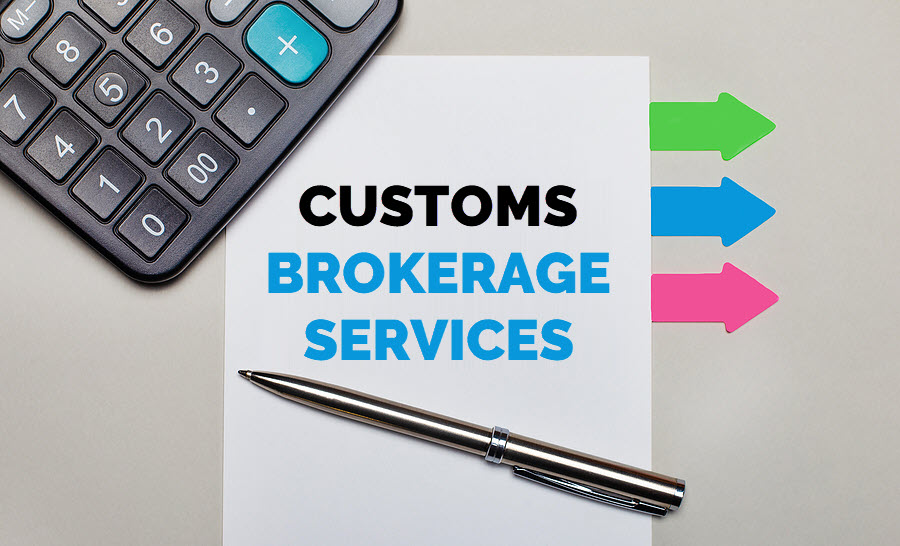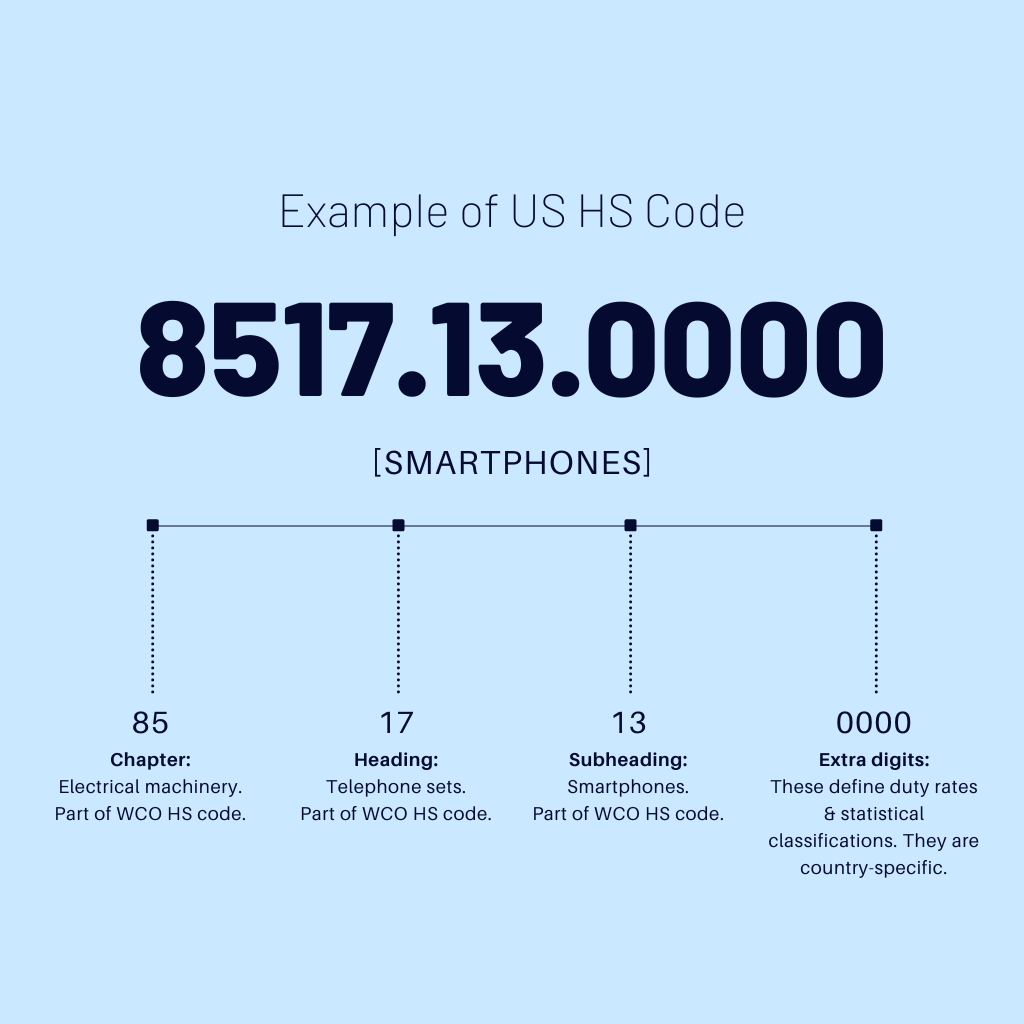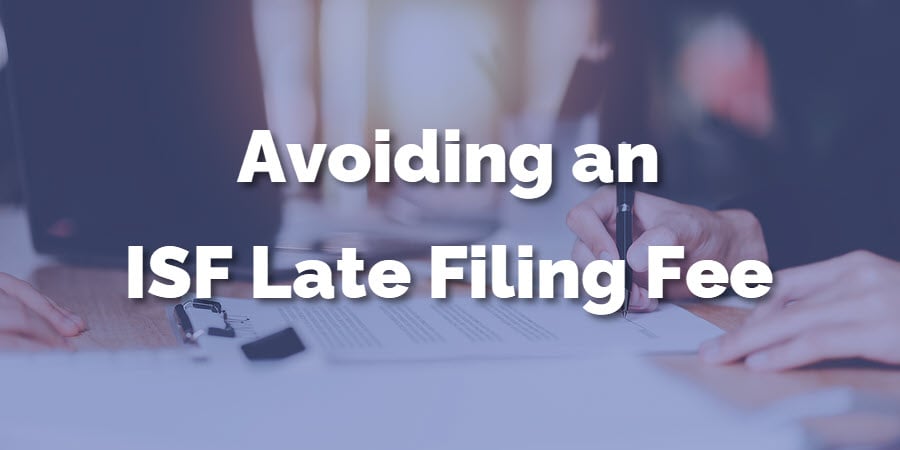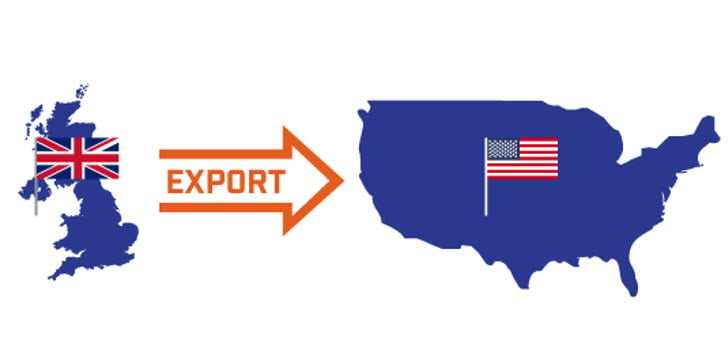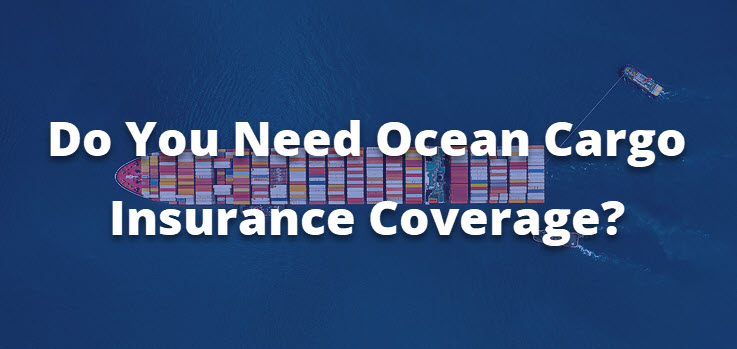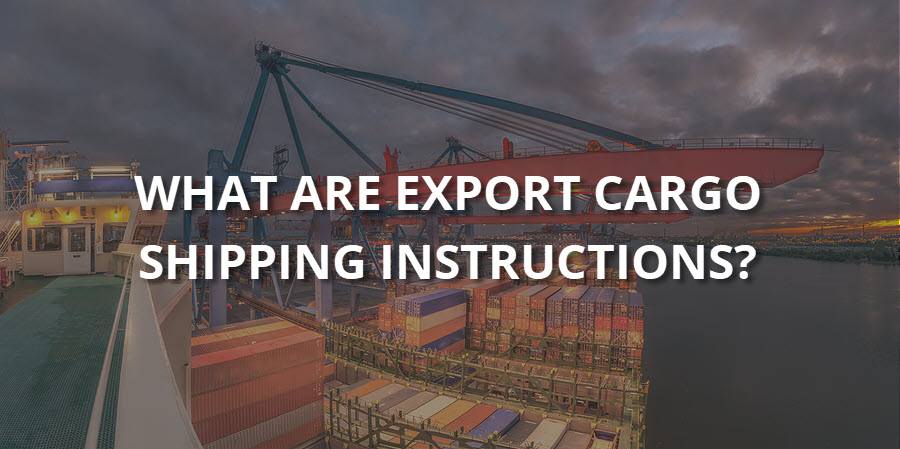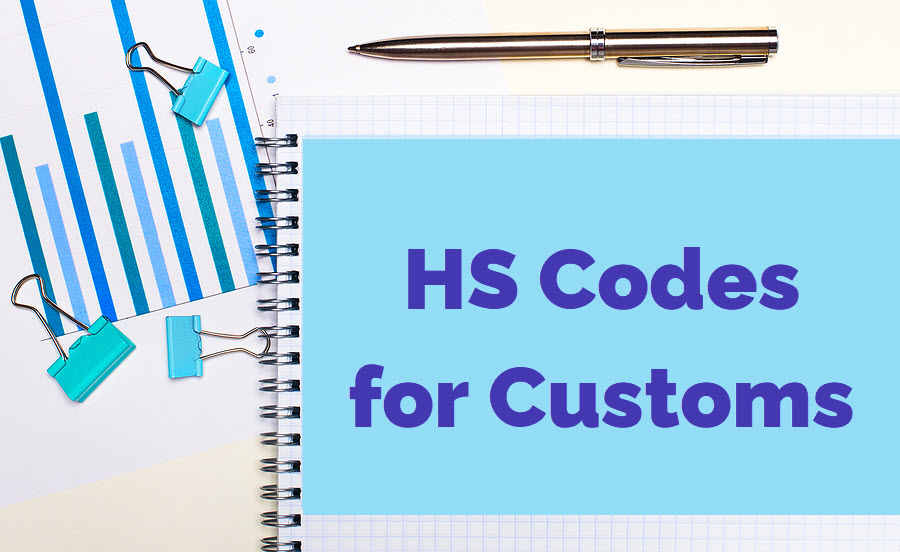No law says you must hire a customs broker to help you clear imports into the US. But a smart importer, whether large or small, usually engages with an expert for customs brokerage services.
Following is a primer on customs brokerage and how a licensed broker can help you clear shipments quickly through Customs, keep you compliant with all regulations, and help you avoid costly mistakes.


